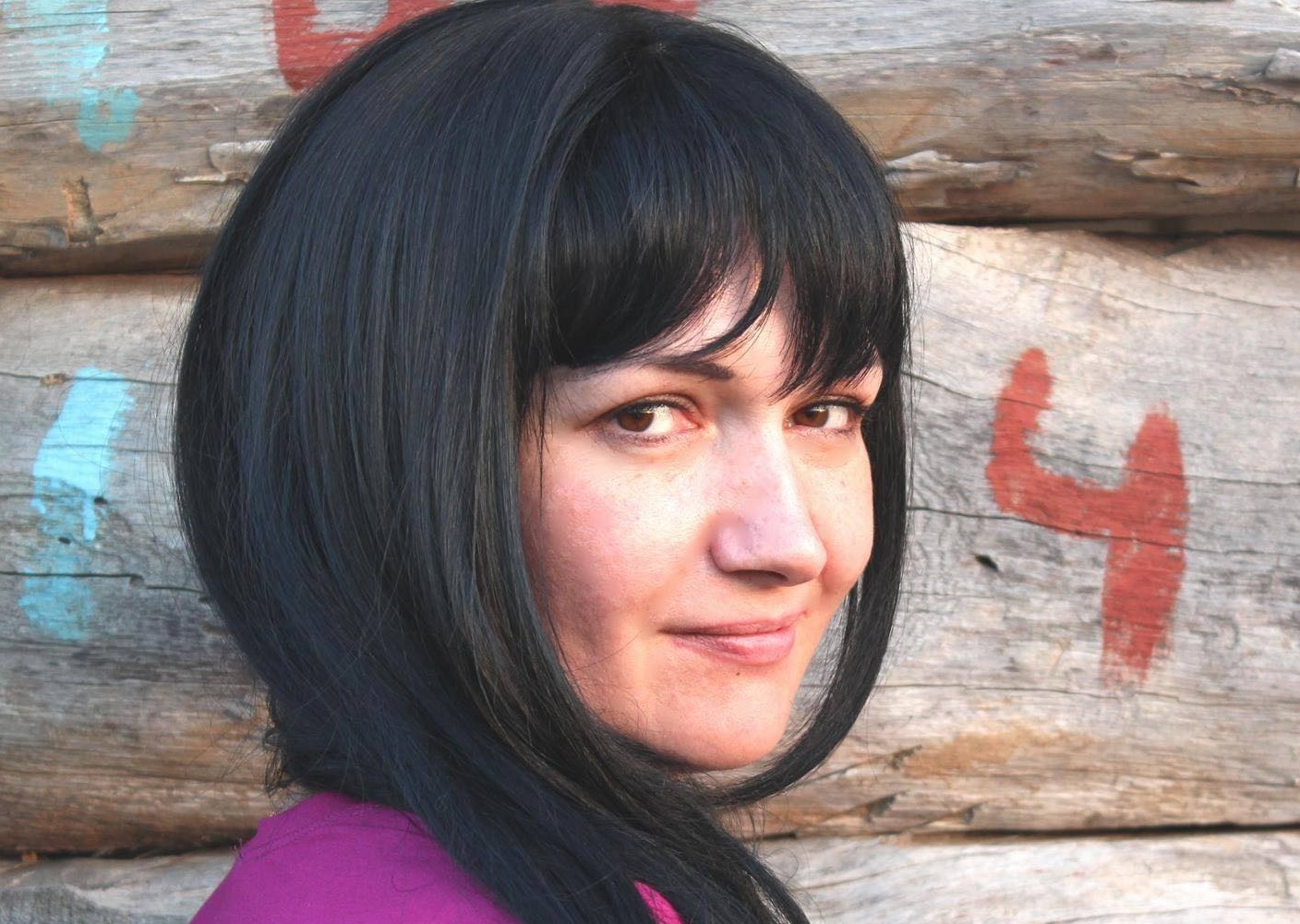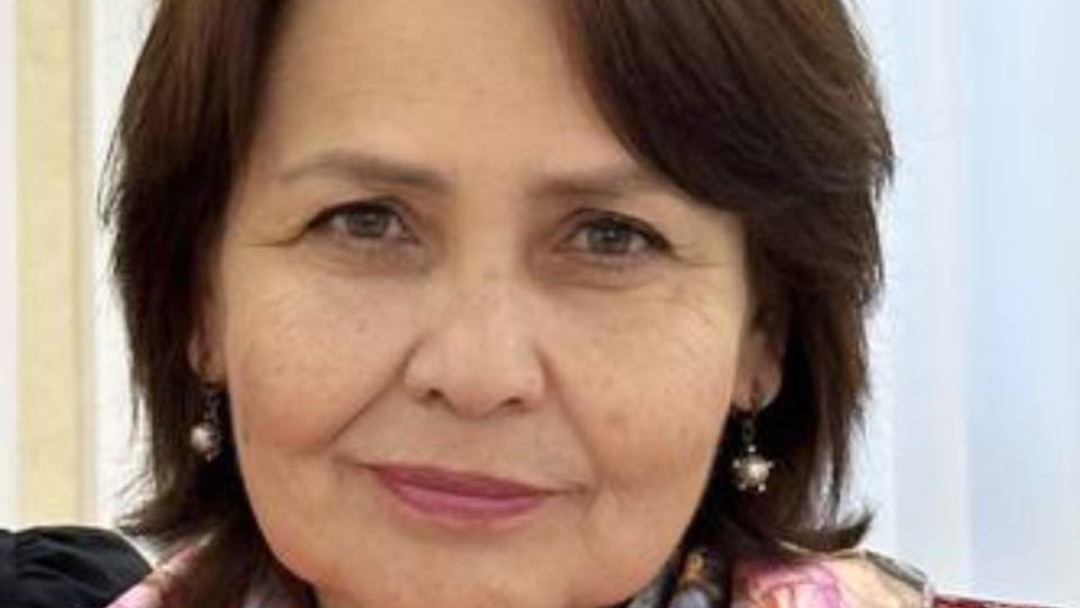
“Ukrainian special services today prefer female agents,” Russian propagandists explain the sudden surge in persecution of Crimean women on charges of treason and sabotage. Human rights activists disagree: the “Chekists” simply believe that women are easier to break. And they do everything they can to ensure that these expectations are met.
In 2019, Galina Dovgopola, a resident of the village of Kacha, was 64 years old. The pensioner was arrested and accused of collecting data on radio frequencies and other signals used to control naval aviation. After reading the charges, the woman categorically refused to sign them. Then the investigator asked, “Do you want your daughter to be brought here? She will be here tomorrow, and you will sign everything!” Galina's daughter had just given birth and was breastfeeding her baby, so after hearing these words, the woman signed everything. She was sentenced to 12 years in prison. Galina Dovgopola became the first Crimean woman to be accused of treason by the occupiers, and these accusations were fabricated through threats.

Galina Dovgopola
Irina Danylovich, a nurse, human rights activist, and citizen journalist from Feodosia, was abducted by FSB officers in April 2022. For a week, the 43-year-old woman was held in the basement of the department, where a mini-prison had been set up. One form of pressure was the refusal to take the prisoner to the toilet. During the week, Irina was allowed only one visit to the toilet per day. However, they did not stop there. According to Danylovich's testimony in court, she was beaten and strangled during interrogations. They threatened to take her to Mariupol, where she would “disappear.” Then they promised to release her if she signed a statement saying she had no claims against the FSB, along with several other documents. She tried to read what they were giving her to sign, but at that moment, the “Chekist” warned her: “If you don't sign, I'll just take you to the forest and kill you.” Irina believed that this would happen. She said he had the eyes of a maniac. She signed all the papers, including interrogation forms. After that, Danylovich admitted that she was allegedly carrying explosives in her purse.

Iryna Danylovich
These are two stories that are publicly available and directly indicate that FSB representatives use torture to obtain signatures from women, without which it is impossible to form a body of evidence. Human rights activists know of other, non-public cases of abuse of detained women.
“They poured water on her and turned the air conditioner to the lowest temperature, promising to leave her in the room all night.”
“The next day, his wife was brought in for questioning. During the interrogation, she was subjected to severe psychological pressure, including threats of rape and murder.”
These are just two episodes from a confidential report by the “Irade” human rights initiative. Its participants did not dare to publicly reveal their names. They only noted that the interrogations lasted for many hours in a row, without a break for sleep or rest.
This was also the case with the editor of the Crimean Tatar children's magazine, Edie Muslimova. The 61-year-old woman was abducted near her home, taken to the FSB office, and interrogated for 35 hours. During this time, she did not sleep a single minute.

Edie Muslimova
Another common method of influence that has a strong oppressive effect on women is the blatantly inhumane conditions of detention. Lyudmila Kolesnikova, a blogger from Yalta who came from Ireland a year ago for her mother's funeral and was abducted by the FSB right at the cemetery, was held for three months in a solitary confinement cell with painted-over windows, without hygiene products or clean clothes. “She had only one bar of laundry soap, no toothbrush, nothing,” Lyudmila's sister said in an interview. After being tortured, Kolesnikova was charged with treason and sentenced to 17 years in prison.

Lyudmila Kolesnikova
Those who have not yet been charged are being held in the same way: in complete isolation, without access even to basic hygiene products, according to human rights activists. In Simferopol's SIZO-2 detention center, prisoners are allowed to shower once a week, in cold water and only for two to five minutes. They are not provided with clean bedding, clothing, toilet paper, or toothpaste.
“We washed ourselves in our clothes to wash off a week's worth of dirt and freshen up a little, because we had no other clothes,” said a resident of Kherson, who spent two years in prison isolation. The woman signed everything they wanted her to because the FSB officers promised her a parcel with shampoo in return. The opportunity to wash your hair at some point becomes more important than the truth, human rights activists sadly note.
Russian prison guards have a wide arsenal of methods for creating unbearable conditions that simply break down any psychological barriers. Recently, Irina Danylovich said that in the camp near Stavropol, where she is being held, spotlights with blinding light have been installed on the ceiling, from which even eye patches do not provide relief. This penetrating light hurts the eyes, prevents normal sleep, and causes severe headaches. And when the guards wake up, they turn on music extremely loud for several hours. Similar methods have been reported by some prisoners in Simferopol SIZO-2, including continuous bright light and loud music. Crimean “music lovers” broadcast sound into the cells from three different radio points. Each one plays its music.
The “Chekists” also do not shy away from physical torture. According to human rights activists from Irade, a former world boxing champion had her nose broken and several teeth knocked out. With a concussion and bruises on her head and all over her body, the woman was taken to the investigator — she had to confess as soon as possible that she had infiltrated the ranks of the Bars battalion contract soldiers to blow up a Russian officer.
At the beginning of 2025, there were officially 17 Ukrainian women from Crimea and the occupied territories of Kherson and Zaporizhzhia regions who were being held behind bars by the occupiers for political reasons. These are the ones who have already been charged and sentenced, human rights activists explain, and they assume that the real number was at least three times higher. And given the pace at which the Russians are recruiting new hostages, the number of female political prisoners may soon reach hundreds.